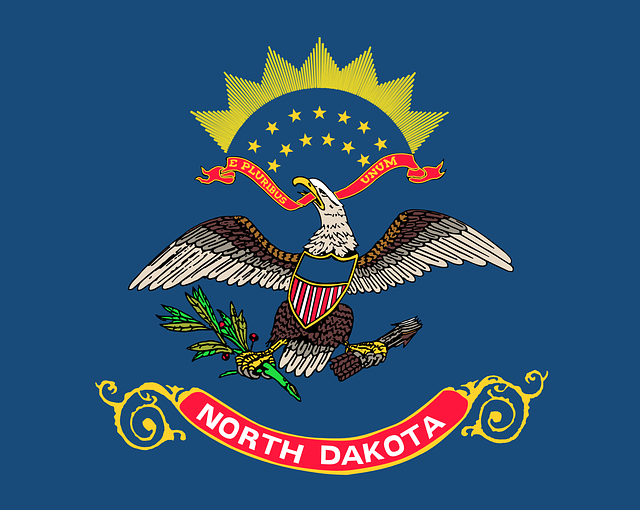Share This Article:

N.D. Top Court Nixes Personal Liability for Failure to File Payroll Reports in Unpaid Premium Case
19 Jul, 2025 Frank Ferreri

Case File
Based on its reading of state law, the Supreme Court of North Dakota determined in an action for unpaid workers' compensation premiums that the owner of a corporation could not be held personally liable for failure to file payroll reports. Simply Research subscribers have access to the full text of the decision.
Case
State of North Dakota, Workforce Safety and Insurance v. Boechler, No. 20240165 (N.D. 07/17/25)
What Happened
The State of North Dakota's Workforce Safety and Insurance brought a civil action against a corporation for unpaid workers' compensation premiums, penalties. WSI was awarded a judgment in the amount of $11,661.99, most of which was attributable to penalties.
WSI initiated a second action against the corporation, alleging that it owed a balance of $10,854.53 for premiums, penalties, and interest not previously in the original judgment.
Eventually, the district court awarded WSI a judgement in the amount of $5,802 and found that the corporation owner's personal liability did not aplly to the corporation's failure to file payroll reports.
WSI appealed to the North Dakota Supreme Court, arguing that the district court erred in determining that the owner's personal liability did not include or extend to penalties imposed due to a failure to file payroll reports.
Rule of Law
In North Dakota, an officer of a corporation is personally liable for workers' compensation premiums, including penalties and costs, if the corporation does not pay WSI the amounts for which the corporation is liable.
What the North Dakota Supreme Court Said
According to the North Dakota Supreme Court, North Dakota law does not provide that an individual's personal liability extends to penalties for conduct not connected to the corporation's failure to pay premiums or reimbursement.
The court explained that penalties for not filing a payroll report are not a part or subset of premiums. It also pointed out that North Dakota law provides that an individual may be personally liability if the corporation does not pay WSI the amounts for which the corporation is liable but does not provide that an individual may be personally liable for the corporation's failure to file payroll reports.
"Personal liability is contingent on the corporation['s] ... lack of payment, not the failure to file payroll reports," the court wrote. "The legislature said the identified individuals could be personally liable 'for premiums' and 'reimbursements,' 'including interest, penalties, and costs.'"
Thus, the North Dakota Supreme Court determined that the district court did not err when it determined that the owner's personal liability does not include or extend to penalties due to a failure to file payroll reports.
Verdict: The Nebraska Supreme Court affirmed the portion of the district court's decision on failure to file payroll reports but reversed and remanded it on a separate issue.
Takeaway
In North Dakota, an individual may not be personally liable for a corporation or limited liability company's failure to file payroll reports. The plain language of the law only permits liability to be imposed when the corporation or limited liability company does not pay WSI the amounts for which the corporation or limited liability company is liable.
AI california case file caselaw case management case management focus claims compensability compliance compliance corner courts covid do you know the rule employers exclusive remedy florida glossary check Healthcare hr homeroom insurance insurers iowa leadership NCCI new jersey new york ohio pennsylvania roadmap Safety safety at work state info tech technology texas violence WDYT west virginia what do you think women's history women's history month workers' comp 101 workers' recovery Workplace Safety Workplace Violence
Read Also
About The Author
About The Author
-
Frank Ferreri
Frank Ferreri, M.A., J.D. covers workers' compensation legal issues. He has published books, articles, and other material on multiple areas of employment, insurance, and disability law. Frank received his master's degree from the University of South Florida and juris doctor from the University of Florida Levin College of Law. Frank encourages everyone to consider helping out the Kind Souls Foundation and Kids' Chance of America.
More by This Author
Read More
- Feb 14, 2026
- Frank Ferreri
- Feb 14, 2026
- Chris Parker
- Feb 13, 2026
- Chris Parker
- Feb 12, 2026
- Anne Llewellyn
- Feb 11, 2026
- Frank Ferreri




